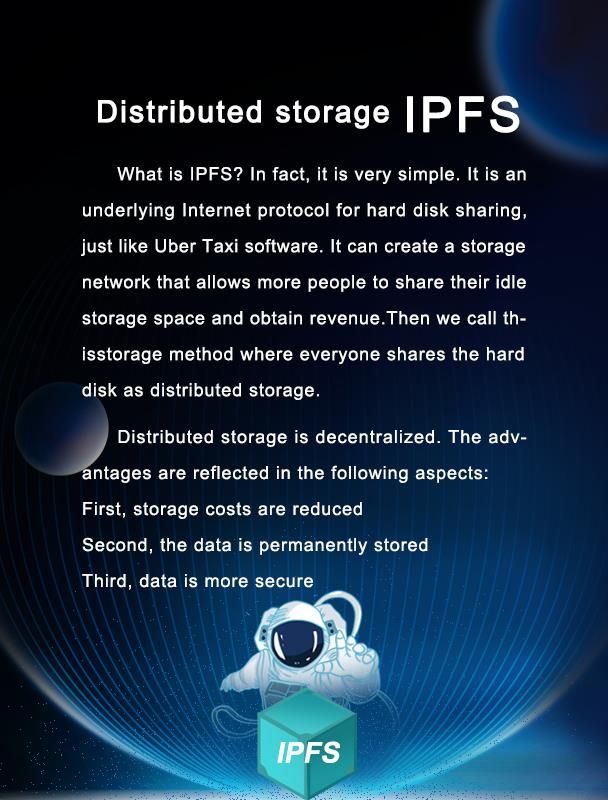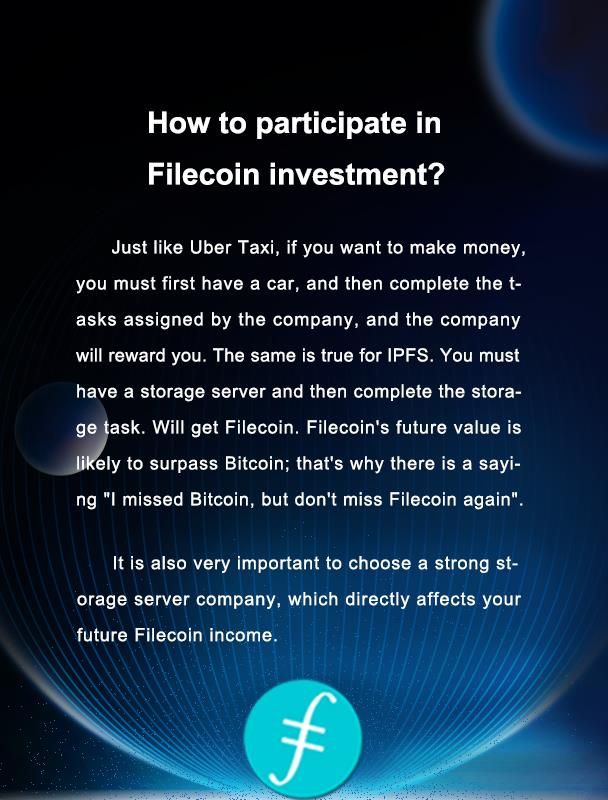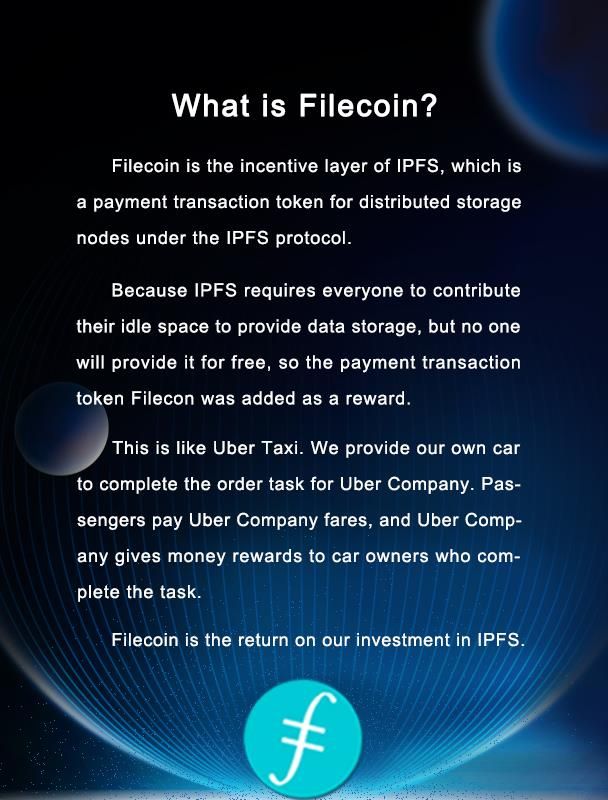The computing power war has triggered a consensus crisis, and the decentralization of the blockchain is held hostage by "centralization"?
Since the end of 2017, ViaBTC, a mining pool invested by Bitmain, has dug the first block of BCH. BCH is forked from BTC, and a hard fork is carried out every 6 months. The BCH official website issued an announcement some time ago: The Bitcoin Cash network will undergo a hard fork at 00:40:00 on November 16, 2018. However, this hard fork has evolved into a computing power war due to the "declaration of war" by "Ao Ben Satoshi".
The origin of the war comes from the disagreement of opinions: Bitmain, led by Wu Jihan, hopes that BCH will develop in the direction of an infrastructure public chain similar to Ethereum while maintaining a block size of 32M, so that BCH will have more Function; the community led by "Ao Ben Satoshi" hopes that BCH will maintain Satoshi Nakamoto's original vision, advocating to change the block size to 128M without making other changes.
The two parties began to gather their settlement power, and Satoshi Oben said: "If you dig BCH, I will smash BTC. Don't blame me for smashing 1000."
At 02:16 on November 16th, the BCH hard fork war came to an end. BCH ABC, led by Bitmain and Antpool, and BCH SV, led by CoinGeek and nChain, officially separated.
Subsequently, Wu Jihan tweeted that: after this new block, there will be no more troublemakers in the BCH community! congratulate!



The supporter of Ao Ben Satoshi believes that BCH has successfully branched out of BCH SV, which is considered a victory. Satoshi Oben personally said on Twitter: Please remember that computing power is a marathon, not a sprint. Don't judge the outcome prematurely.
What Oben Cong said is true. Whether the two forked chains are successful, the key is to look at BCH ABC and BCH
Whether SV can produce blocks stably, and whether there is a massive retracement of blocks between the two chains. After the Bitcoin Cash hard fork, blocks on the Bitcoin ABC chain immediately began to fill in meaningless small transactions. ABC lead developer Amaury
Séchet said that according to public data, the BCH mining pool CoinGeek is now likely to be preparing to launch an attack on the ABC chain. After the fork, they still have 2
The computing power of exahash has not yet been put into use. So as long as Satoshi Aoben doesn't give up, this guerrilla warfare will continue to be fought. How long is this time? It may be clear in a few days, or it may last for several months.
After the BCH hard fork, as of 14:40 on the 16th, BCH ABC and BCH will be listed
There are three SV exchanges, namely Bitfinex, Poloniex and HitBTC, and then Binance and Gate.io announced that they will list BCH ABC and BCH
SV. The price of BCH ABC is generally about four times that of BCH SV.
Compared with exchanges and "mining tyrants" who are either neutral or support Bitmain's position, most believers are relatively "pessimistic."
The characteristics of Bitcoin's decentralization, immutability of information, and anonymity endow its currency attributes, and the material rewards for miners attract miners to maintain the network with computing power and build communities together.
Bitcoin Cash inherits the transaction function of Bitcoin digital currency, but it is becoming more and more centralized.
The advantages of centralization are of course obvious. “Concentrate on doing big things” shortens the process of matching opinions, promotes faster iteration, more efficient, and more powerful functions, and further expansion will advance faster. But is this still something we reached a consensus on? In addition to the above features, does Bitcoin have trustlessness, openness, and autonomy?
Someone pointed out that this battle of computing power of BCH is just a performance by Wu Jihan and Ao Bencong.
According to Bitcoin Core developer Jimmy Song, BCH ABC and BCH SV are mining at a loss. The mining cost of BCH ABC is 3 times higher than that of BTC, and BCH
SV mining costs are 5 times higher than BTC. Unless the gains of BCH ABC and BCH SV far exceed those of BTC, the miners of these two chains will lose their money. According to BitMEX
According to the news released by Research today, since the BCH hard fork "Hash Power Battle", most of the computing power of the two parties has been rented. The estimated rent is 8.1 million U.S. dollars, and the total income loss of BCH miners is as high as 6.1 million U.S. dollars.
Coupled with the decline in prices of almost all currencies, according to Huobi's data today, BTC has fallen rapidly and has fallen below 4800.
USDT hit a new low this year, and ETH also fell sharply, falling below US$150. Haru Capital partner Wu Yanjun said: According to calculations, S7 has been unable to make ends meet. In fact, after excluding network connection loss, mining machine failures, and mining pool commissions, S9 has basically no revenue, and a large number of ETH mining machines are shutting down.
This "fairy fight" not only consumes consensus, but also harms the interests of miners
: Not to mention the high cost of mining, one of the two chains is likely to be eliminated, then the miners on this chain can be described as a waste of water, even if elimination is not considered, the instability of the chain will lead to data confusion And lost.
As an IPFS community, the editor can't help thinking, what would happen if the same situation happened on Filecoin?
Filecoin is the official incentive layer of IPFS and a blockchain project. But unlike BCH, Filecoin is not a chain-like structure, but a network-like structure.
Filecoin's block data structure adopts the DAG structure, abandoning the consensus mechanism formed by the previous blockchain that is highly dependent on computing resources and energy consumption, and reusing meaningful work to form a consensus mechanism. This is PFT (power
fault
tolerance), an evolutionary version of the Byzantine fault tolerance mechanism. The storage capacity currently used by the miners in the network and the generated space-time proofs are converted into voting weights, and then nodes use this weight to elect one or more leader nodes, and the leader nodes create new blocks and spread them to the network.
This means that Filecoin's network is not impossible to fork, but its fork is to determine the main chain in the form of the "heaviest chain" rather than the "longest chain"
. At the same time, even if Filecoin has a fork, its impact is that the mechanism and method of accounting by miners will change. It will not affect the storage and retrieval functions of the Filecoin network. You can still find what you want through the hash value. (However, it may be necessary to switch the chain), the previously stored content will still not disappear. For Filecoin,
The goal of its existence is to allow everyone to participate in the IPFS distributed storage, enjoy a distributed and decentralized storage experience, and make the dissemination and acquisition of information faster and safer, rather than just a public ledger.
.
I remember that when we first came into contact with Bitcoin, we always used Alipay as an analogy: Bitcoin transaction is that we remove third parties like Alipay and conduct transactions on the standpoint of trustlessness and decentralization. It is a pity that after this battle of computing power, a completely decentralized system seems to have only achieved disintermediation.
The centralization of BCH is becoming more and more obvious, and BTC now shows a high degree of concentration in terms of currency holdings and computing power, and even most digital currencies are games between big players.
We can only rely on the development of blockchain technology to integrate blockchain with reality more. The method of decentralization, in addition to eliminating centralization, is to let more people participate.
